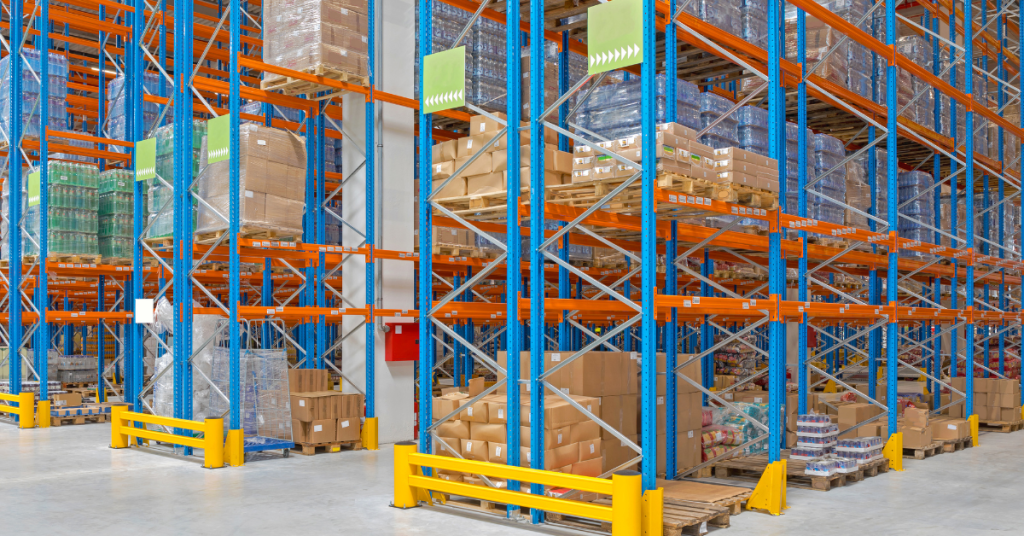Ecommerce logistics is a critical component of any successful online business. With the rise of ecommerce, it has become more important than ever to optimize your logistics operations to ensure that you can efficiently handle and ship orders. Fortunately, technology has made this easier than ever before. In this article, we will explore the tools and trends that ecommerce businesses should be watching to optimize their logistics operations.
Automated Warehouse Management Systems
Automated warehouse management systems are becoming increasingly popular in ecommerce logistics. These systems use advanced technology to optimize the flow of products within a warehouse. This includes tracking inventory levels, automating order picking, and optimizing product placement within the warehouse. By implementing an automated warehouse management system, ecommerce businesses can improve the efficiency of their warehouse operations and reduce errors.
Transportation Management Systems
Transportation management systems are another tool that ecommerce businesses should be watching. These systems use advanced algorithms to optimize shipping routes, reduce shipping costs, and improve delivery times. By implementing a transportation management system, ecommerce businesses can ensure that they are using the most efficient shipping methods and reducing the cost of shipping.
Real-time Delivery Tracking
Real-time delivery tracking is becoming increasingly important in ecommerce logistics. Customers expect to be able to track their orders from the moment they are shipped until they are delivered. Real-time delivery tracking systems use GPS technology to provide customers with real-time updates on the status of their orders. By implementing a real-time delivery tracking system, ecommerce businesses can improve customer satisfaction and reduce the number of inquiries related to order status.
Inventory Management Systems
Inventory management systems are critical to the success of any ecommerce business. These systems track inventory levels, monitor product demand, and automate the reordering process. By implementing an inventory management system, ecommerce businesses can ensure that they always have the right products in stock and avoid stockouts.
Artificial Intelligence and Machine Learning
Artificial intelligence and machine learning are two of the most significant trends in ecommerce logistics. These technologies can analyze vast amounts of data to identify patterns and trends, which can be used to optimize logistics operations. For example, machine learning algorithms can be used to predict product demand, optimize shipping routes, and identify opportunities for cost savings. By incorporating artificial intelligence and machine learning into their logistics operations, ecommerce businesses can improve efficiency, reduce costs, and increase customer satisfaction.








